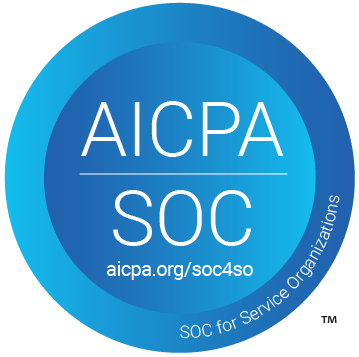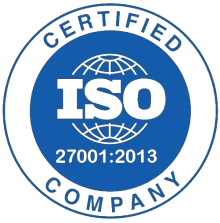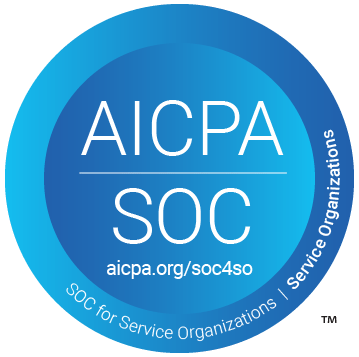Learn how to automatically generate meeting agendas using Pabbly Connect, Google Sheets, and OpenAI in this detailed tutorial. Discover hidden automation capabilities within your existing tools. This guide shows you how to connect your essential applications and permanently eliminate redundant manual processes.
Watch Step By Step Video Tutorial Below
1. Accessing Pabbly Connect for Automation
To start automating the generation of meeting agendas, the first step is accessing Pabbly Connect. You can do this by visiting the Pabbly Connect homepage at Pabbly.com/connect/inr.
Once on the homepage, you’ll see options to either sign in or sign up for free. If you are a new user, click on the green ‘Sign Up for Free’ button. Existing users can simply click ‘Sign In’. This allows you to leverage Pabbly Connect to automate your tasks without any coding.
2. Creating a New Workflow in Pabbly Connect
After logging into Pabbly Connect, you will be directed to the dashboard. Here, you can create a new workflow by clicking on the ‘Create Workflow’ button. A dialog box will appear asking for a name for your workflow.
For this automation, name your workflow ‘Automatically Generate Meeting Agendas Using AI Agent’. You can also select a specific folder to save your workflow, such as ‘AI Automations’. After naming and selecting the folder, click ‘Create’. Now, you will see a blank workflow with two main components: Trigger and Action.
- Name your workflow appropriately.
- Select the folder for organization.
- Click ‘Create’ to set up the workflow.
This sets the stage for the automation process using Pabbly Connect.
3. Setting Up Google Sheets as a Trigger in Pabbly Connect
The next step involves setting up Google Sheets as the trigger application in Pabbly Connect. Click on the trigger application field and select Google Sheets. Then, choose the event ‘New or Updated Spreadsheet Row’ as your trigger event.
To establish a connection between Google Sheets and Pabbly Connect, you will be given a webhook URL. Copy this URL, and then go to your Google Sheets. In your spreadsheet, navigate to Extensions > Add-ons > Get Add-ons and search for ‘Pabbly Connect Webhooks’. Install this add-on if you haven’t done so already.
- Select Google Sheets as the trigger application.
- Choose ‘New or Updated Spreadsheet Row’ as the trigger event.
- Copy the webhook URL and install the Pabbly Connect Webhooks add-on.
After installation, you need to refresh your spreadsheet to see the Pabbly Connect options. This connection allows Pabbly Connect to capture new meeting details added to the Google Sheets.
4. Generating Meeting Agendas Using OpenAI
Now that you have set up Google Sheets as your trigger, the next step is to generate meeting agendas using OpenAI as the action application in Pabbly Connect. Click on the action application field and select OpenAI. Choose the action event ‘Generate Content with ChatGPT’.
To connect OpenAI with Pabbly Connect, you will need to provide an API key. Click on the hyperlink provided to access the OpenAI API key page. Generate a new key, name it (e.g., Meeting Agenda), and paste it into Pabbly Connect. This allows you to dynamically create content based on the meeting details from your Google Sheets.
Select OpenAI as the action application. Choose ‘Generate Content with ChatGPT’ as the action event. Provide the OpenAI API key to establish the connection.
With this setup, every time a new row is added in Google Sheets, Pabbly Connect facilitates the generation of a meeting agenda using OpenAI.
5. Finalizing the Workflow with Google Docs and Google Drive
The final step is to save the generated meeting agenda in Google Docs and upload it to Google Drive. In Pabbly Connect, add another action step and select Google Docs. Choose the action event ‘Create Document’.
Map the document name to include the meeting title and date. Next, add another action step to append the generated content to this document. Finally, select Google Drive to move the created document to a specific folder.
Select Google Docs to create a new document for the agenda. Map the document name to include meeting title and date. Use Google Drive to save the document in the desired folder.
This completes the automation process, allowing you to automatically generate meeting agendas and store them efficiently using Pabbly Connect.
Conclusion
In this tutorial, we explored how to automatically generate meeting agendas using Pabbly Connect, Google Sheets, and OpenAI. By following the steps outlined, you can streamline your meeting preparations and enhance efficiency.
Ensure you check out Pabbly Connect to create business automation workflows and reduce manual tasks. Pabbly Connect currently offer integration with 2,000+ applications.
- Check out Pabbly Connect – Automate your business workflows effortlessly!
- Sign Up Free – Start your journey with ease!
- 10,000+ Video Tutorials – Learn step by step!
- Join Pabbly Facebook Group – Connect with 21,000+ like minded people!






